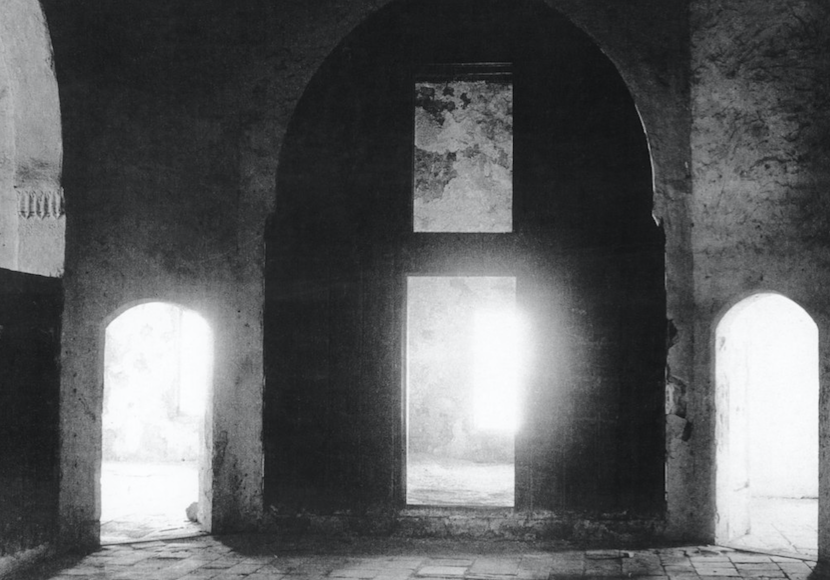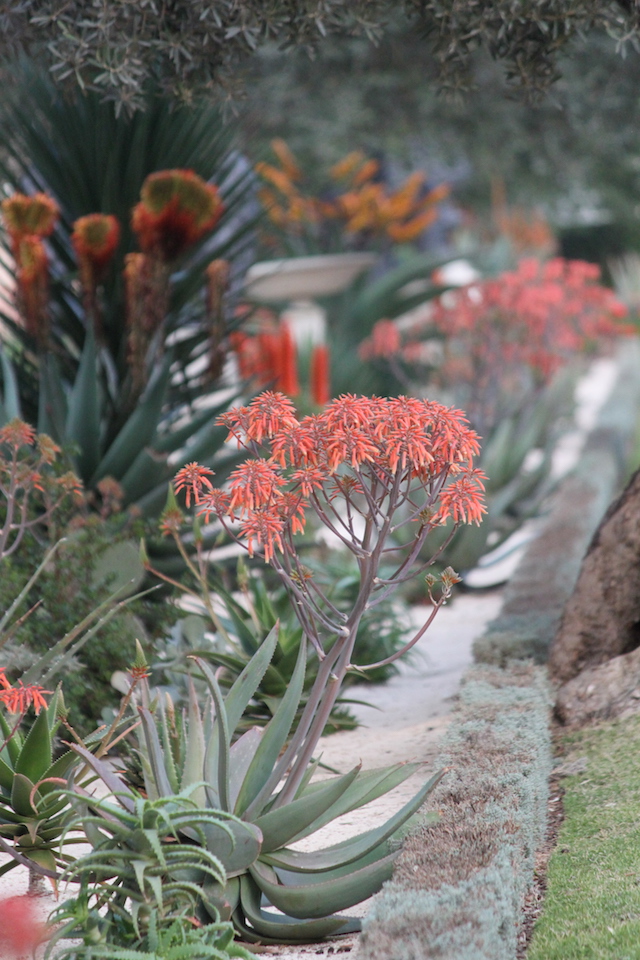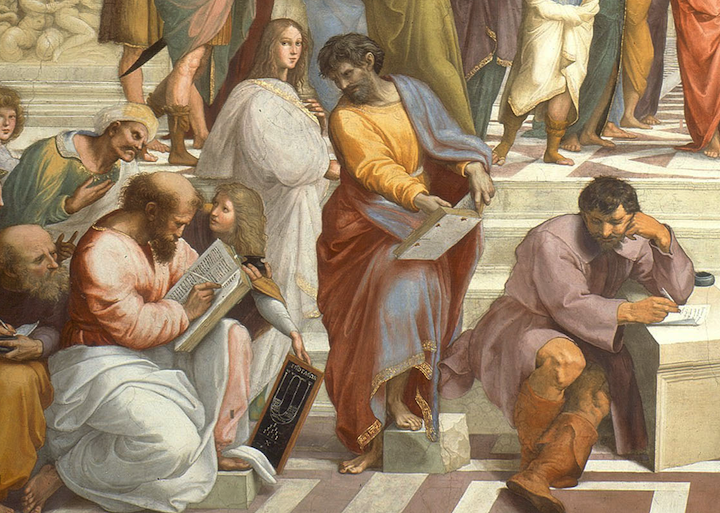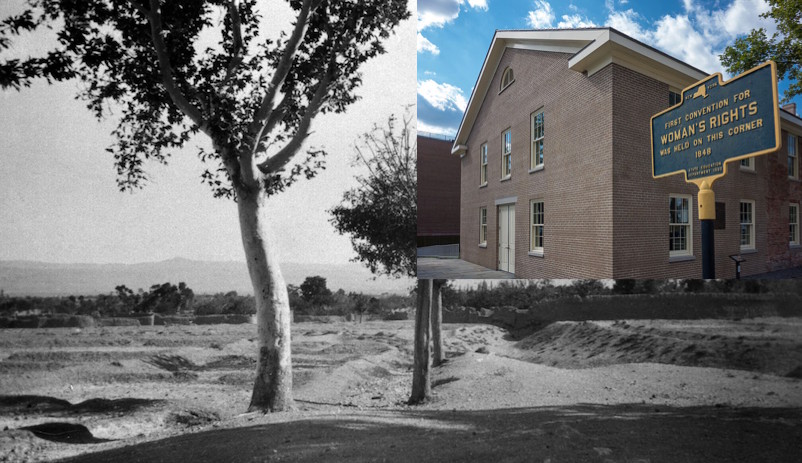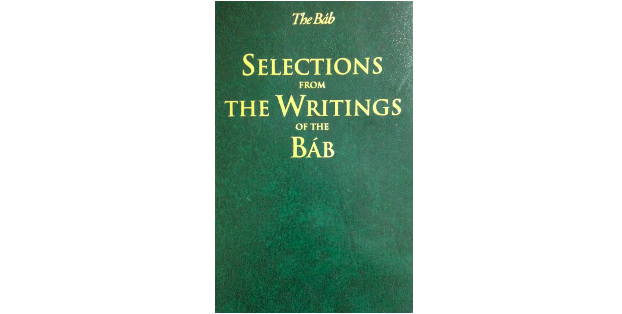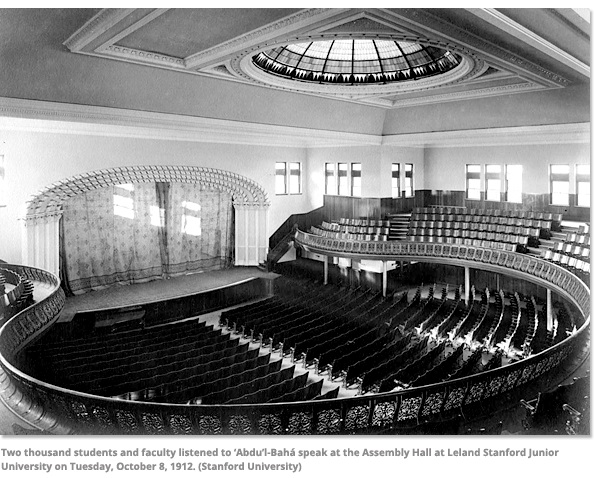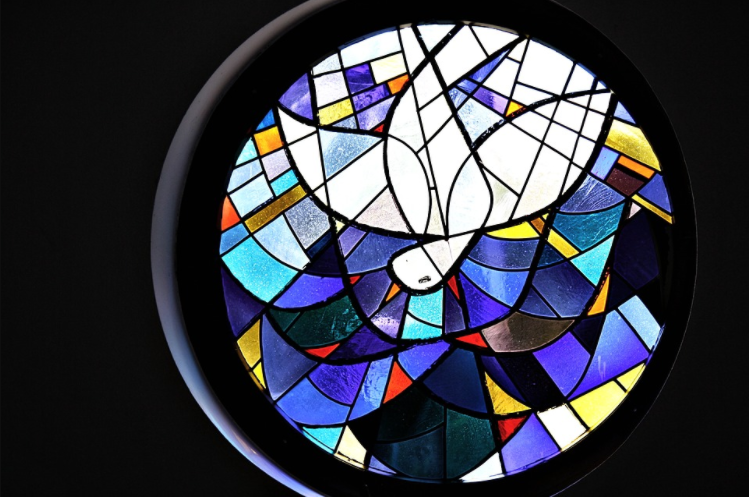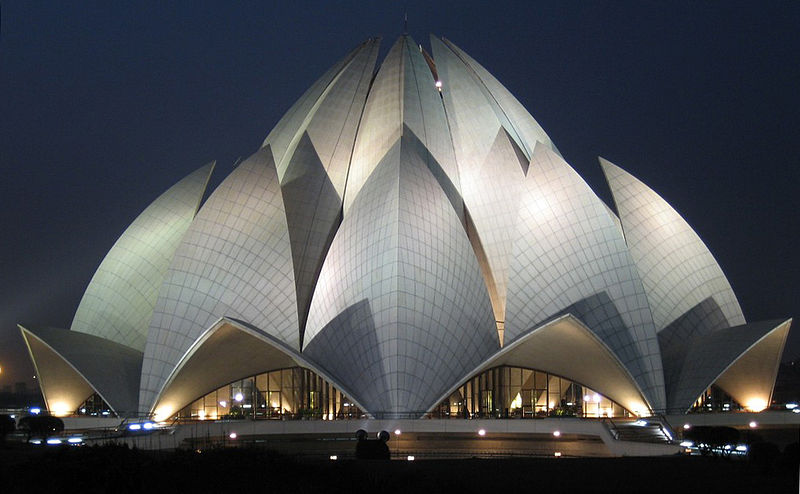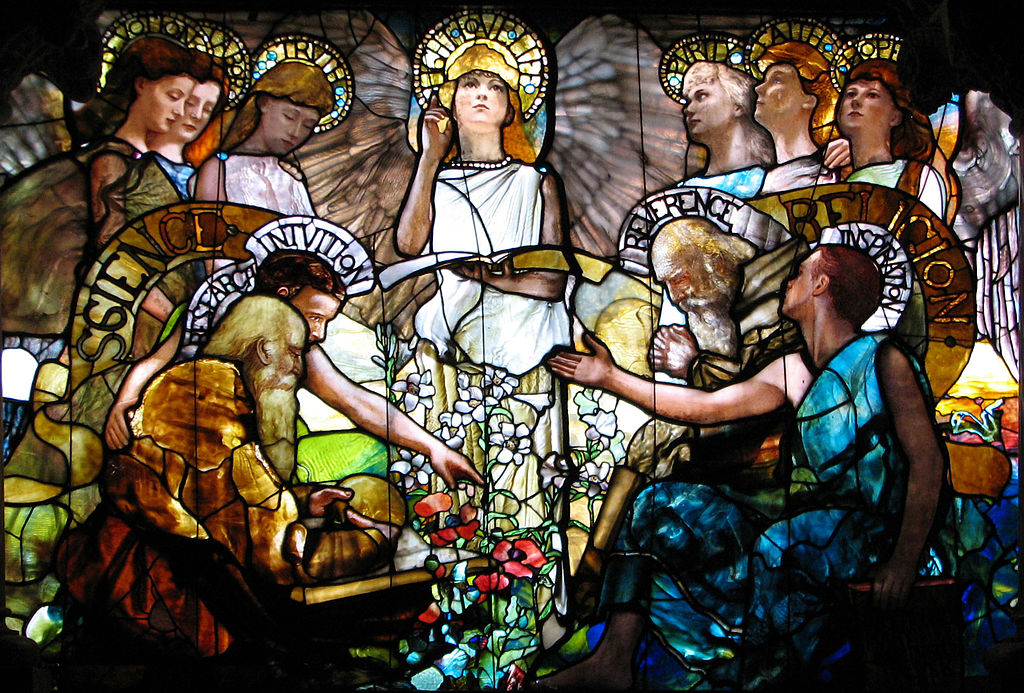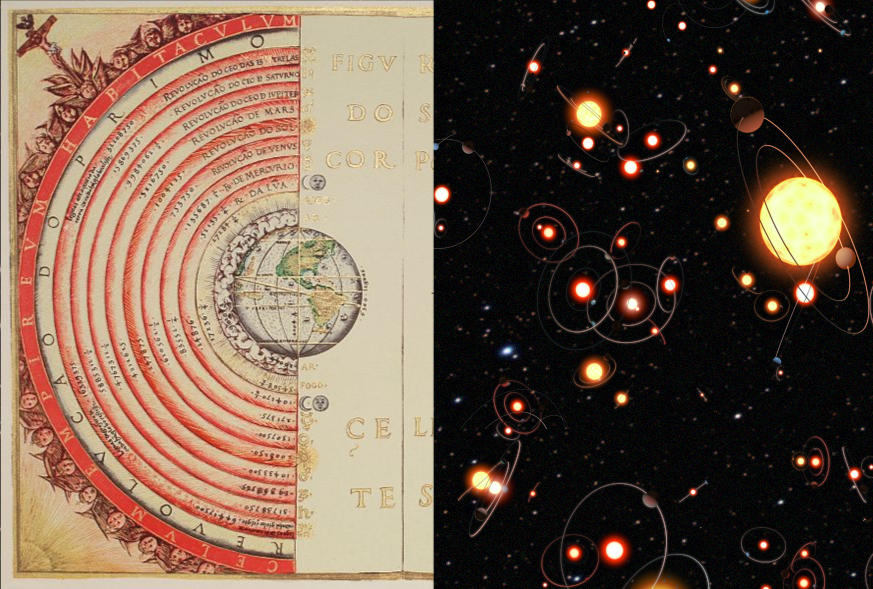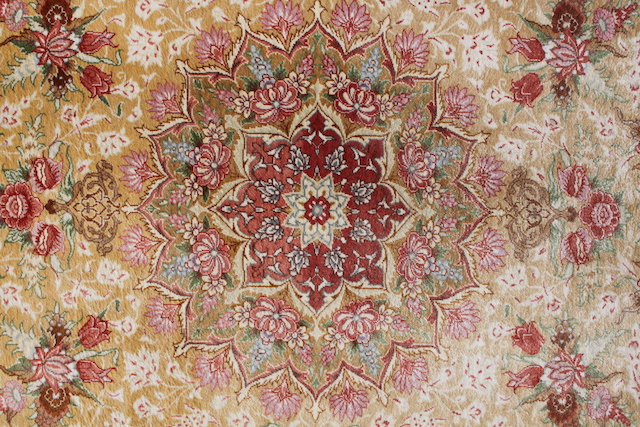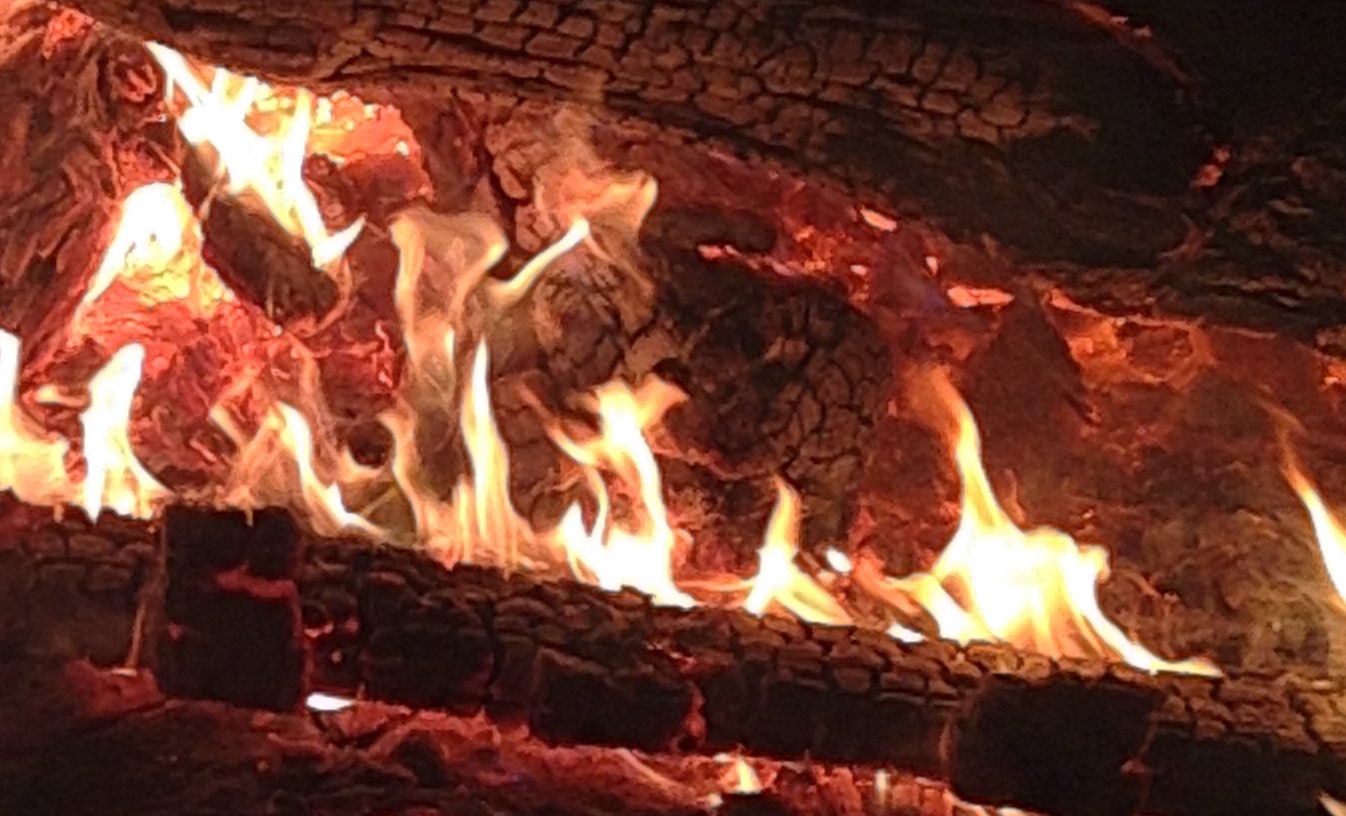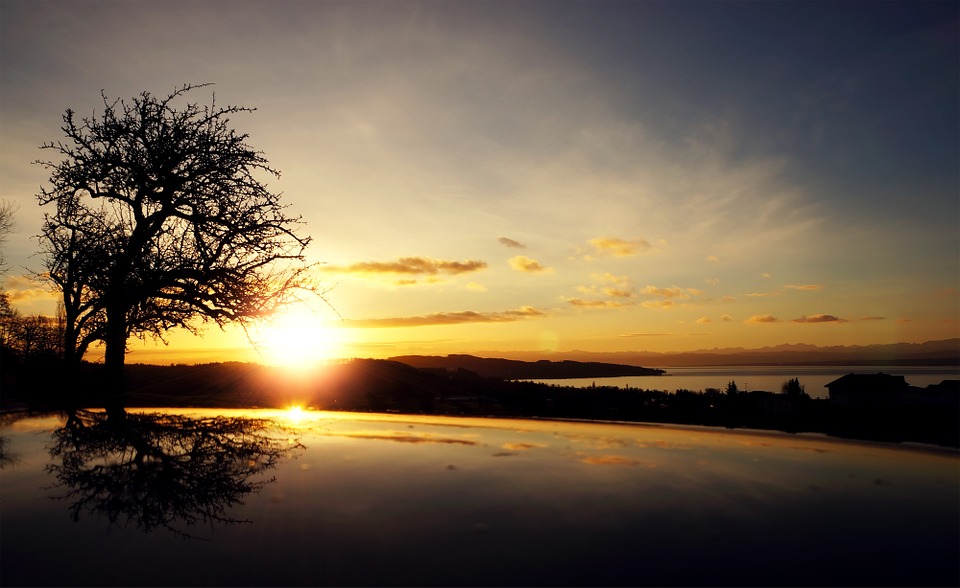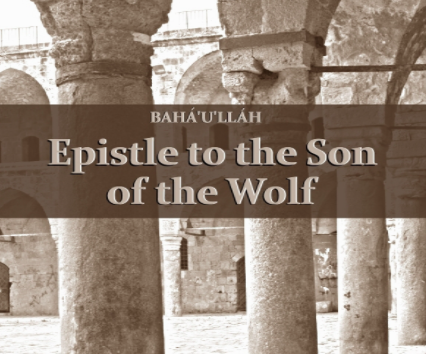Harmony of Science and Religion
-
The Prophet and the Philosophers
Bahá’u’lláh does an unusual (perhaps unique) thing for a prophet – he writes about philosophers and philosophy. There may be a precedent somewhere in human history, but if so, I haven’t yet been able to discover it. In fairness though, this has not prevented the flourishing of philosophy and science in the past. For example, despite parochial assumptions sometimes entertained in western thought that science and philosophy entered a “dark age” after the fall of the western Roman Empire, in fact, science and philosophy flourished for over a millennium in the Islamic world, before influencing the renaissance of Europe. And this is to say nothing of the rest of the…
-
Harmony of Science and Religion: History of an Idea
A Baha’i principle is that of harmony of science and religion. The use of “harmony” to express the relationship between science and religion is apt – as it captures the idea that each is incomplete without the other. Like notes in music, we don’t experience the beauty of the whole until we hear them together. Thus, as we have seen in previous articles, science is a means of freeing religion of superstition, prejudice and fanaticism and religion is a means of fostering the dedication of science to peace and human welfare. It is helpful to think about these concepts within the broader context of how the relationship between science and religion has been…
-
Higher Learning – Science and Peace
During his journey through North America Abdu’l Baha visited a number of universities. He spoke at Columbia University in New York, Howard University in Washington DC and Stanford University in Palo Alto. Much of my life is associated with universities. So these talks have special meaning at a personal level. Particularly at Columbia and Stanford, Abdu’l Baha’s spoke about science and peace – another implication of harmony of science and religion. At Howard University – at the time a university established to provide educational opportunities for African American students – Abdu’l Baha spoke of oneness of humanity and the importance of love between black and white Americans. At Colombia University, Abdu’l Baha…
-
Balancing Material and Spiritual Civilization
“No matter how far the material world advances, it cannot establish the happiness of mankind. Only when material and spiritual civilization are linked and coordinated will happiness be assured. “[1] With these words Abdu’l Baha introduces another of the great principles of Baha’u’llah’s teachings. In short – that true civilization implies a balanced progress of material and spiritual – with neither predominating. The immediate implication of this balancing of the material and spiritual is in the realm of human activity and human relationships. Then material civilization will not contribute its energies to the forces of evil in destroying the oneness of humanity, for in material civilization good and evil advance…
-
Harmony of Science and Religion — Dispelling Superstition
“Among … principles of Bahá’u’lláh’s teachings was the harmony of science and religion.” With words such as these ‘Abdu’l-Bahá introduces us to another core principle he identifies in Bahá’u’lláh’s teachings and thought. But what does this principle mean and how does it relate to the quite fractious debates that emerge from time to time in society? ‘Abdu’l-Bahá goes further: Religion must stand the analysis of reason. It must agree with scientific fact and proof so that science will sanction religion and religion fortify science. Both are indissolubly welded and joined in reality. If statements and teachings of religion are found to be unreasonable and contrary to science, they are outcomes…
-
Seven Heavens and Extrasolar Planets
Australian skies look to the centre of the galaxy. The milky way is a bright band high overhead and the night sky an explosion of starlight. Distant and constant points of light, stars are infinitely older than our vanishingly brief time on this earth – so unconcerned with our petty happenings and trivial squabbles. They teach us a lot. Sadly in our modern world it has become harder to even see the stars. Certainly, their pristine glory is rarely seen, particularly if we live in one of the world’s megacities. With an interest in the night sky, the following passage from Bahá’u’lláh’s writings is one of my favourites. Bahá’u’lláh is responding to a question…
-
Civilization and its Excesses
Bahá’u’lláh called on all human beings to work for the advancement of civilization, yet he also warned of the danger of carrying civilization to excess. All men have been created to carry forward an ever-advancing civilization.[1] And yet: If carried to excess, civilization will prove as prolific a source of evil as it had been of goodness when kept within the restraints of moderation. Meditate on this, O people, and be not of them that wander distraught in the wilderness of error. The day is approaching when its flame will devour the cities….[2] Bahá’u’lláh wrote in the 19th century. His insight of the approaching danger saw far ahead of his contemporaries, who tragically could not see the appalling dangers ahead. The following is from an…


